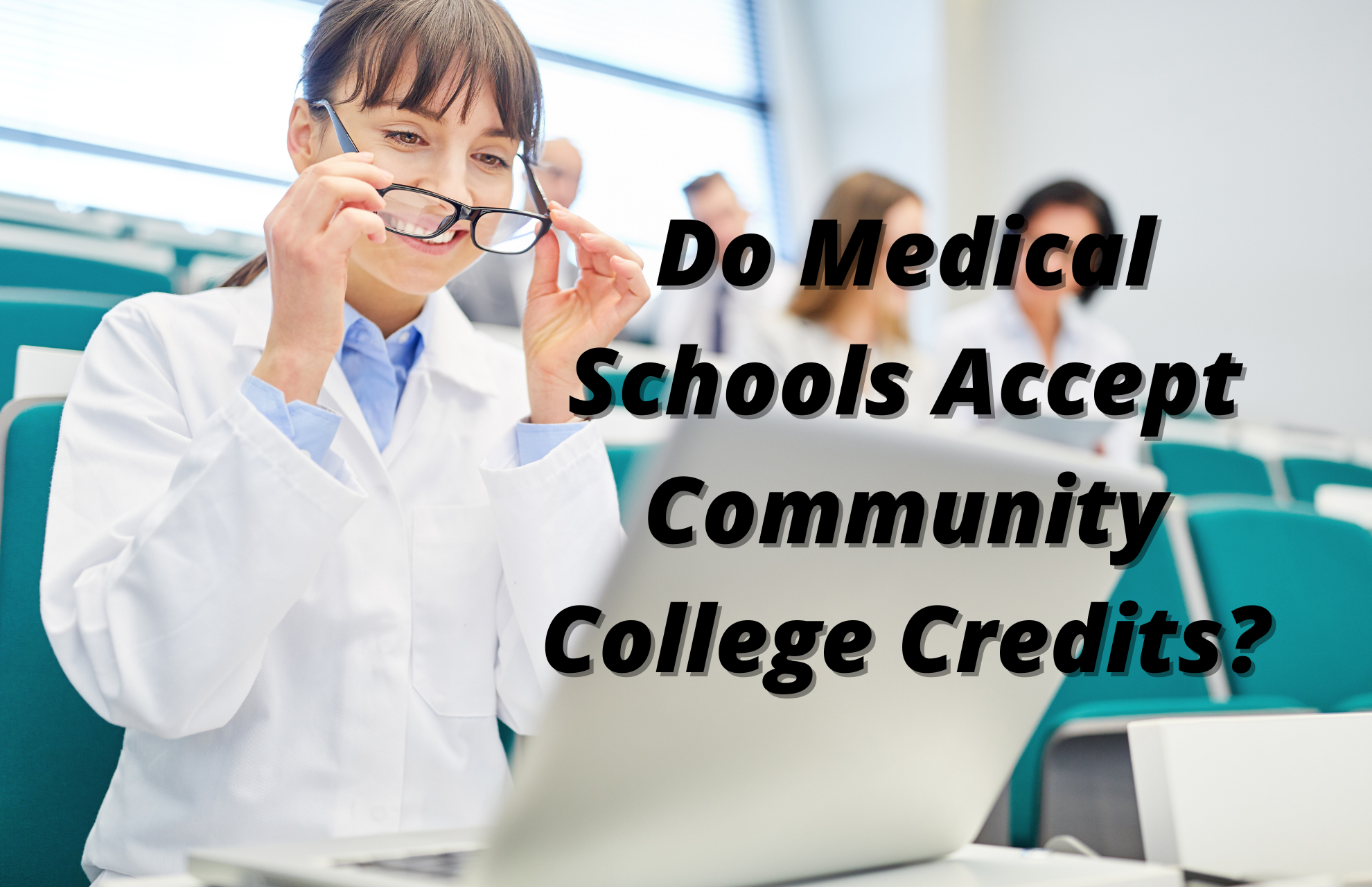
Do Medical Schools Accept Community College Credits?
To make your path to medical school easier, the following details whether medical schools accept credits from community colleges.
Every choice you make during the protracted and tedious process of applying to medical school determines your ultimate outcome. Although community college is a practical and cost-effective way to get an education, what about the stigma attached to it?
Although community college (CC) credits are accepted by medical schools, you must also have a bachelor’s degree to be eligible for admission. It won’t matter if you transfer the credits over (or have a 4-year degree already). Your MCAT score is more significant.
Of course, the actual response is a little more in-depth. That is what this article will focus on.
Do Medical Schools Accept Community College Credits?
If you received pre-med credit at a community college, almost all medical schools will accept your application. But there is one important caveat; you’ll need to have a bachelor’s degree.
Therefore, you won’t be able to apply to medical school unless you transfer the credits (those you earned at community college) to the institution from which you eventually earn your undergraduate degree.
You can apply to any school as long as you do that. Here’s who this most commonly applies to:
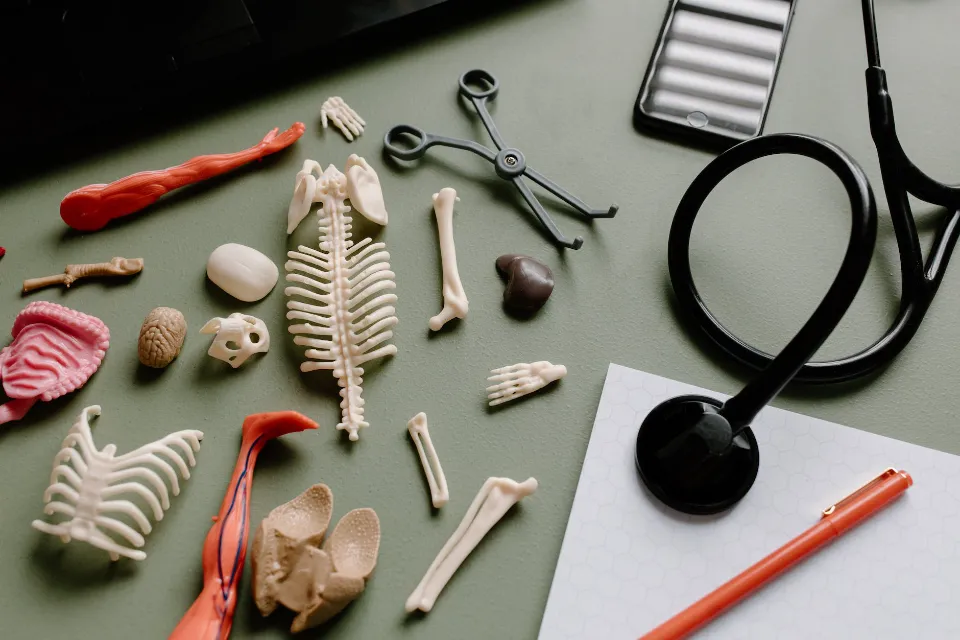
- People who already hold bachelor’s degrees (career changers, etc.) but have gone back to community college to take prerequisite classes
- People who started out at community college and later transferred to a 4-year college degree
Check the Medical School Admissions Requirements website (MSAR) carefully to make sure the school you intend to apply to will accept your community college credit.
Overall, make sure you have the best GPA you can and perform well on the MCAT, and research the medical schools you are interested in. (Related: Do Medical Schools See All MCAT Scores?)
What Major in Community College Would Benefit Me the Most for Medical School?
Choose the major that most intrigue you. You probably won’t enroll in many major-specific classes while attending a community college. It’s acceptable to take more general classes during the first year or two while you determine your areas of interest.
It’s acceptable to enroll in some major classes if your community college offers them, though, if you are certain of what you want to study.
No matter what courses you take at a community college, put all of your efforts into getting high grades. Your performance will be better and your GPA for medical school will be higher if you are more involved in your classes.
What your major is irrelevant to medical schools as long as you have completed all the prerequisite courses. Even if you majored in music or history in college, you can still be accepted to medical school after you graduate from a community college.
Would It Be More Beneficial to Transfer to a State University Or a Private One?
The best university for you should be the one you choose, not the one you think medical schools will like. The quality of your academic performance is far more crucial than having a particular college’s name brand stamped on your application. Choose a college that offers the programs, tools, and opportunities that you want to explore.
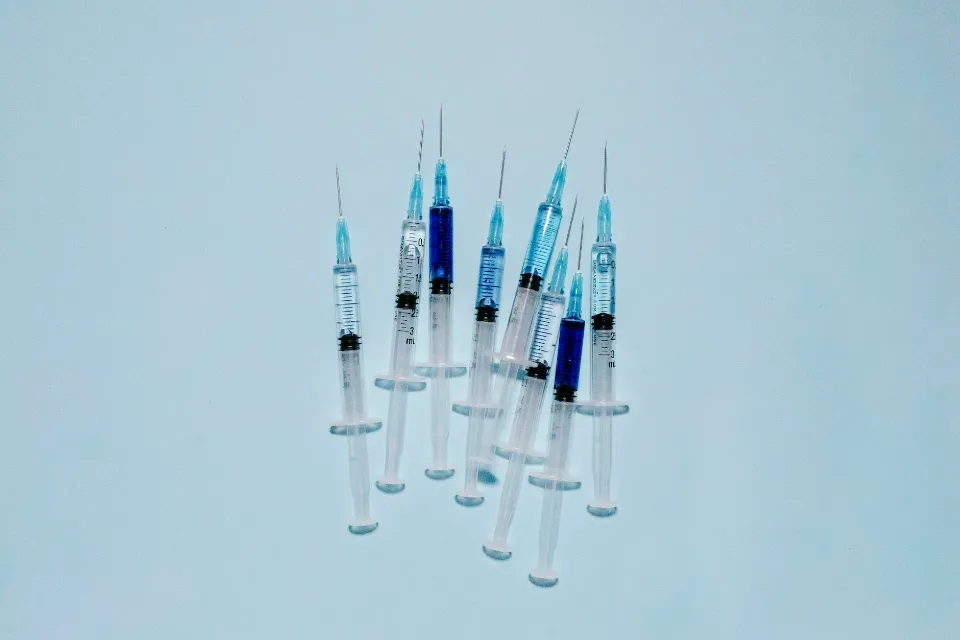
One thousand times more valuable than attending a prestigious private school and fitting in as an average student is attending a state school and receiving top grades.
For instance, many pre-meds appear to believe that highlighting their application by being accepted to the University of California after attending a nearby community college is necessary.
This is simply untrue, though. For a variety of reasons, including academic difficulties and difficulty forming relationships with professors, many people end up regretting their decisions.
Does Community College Look Bad for Medical School?
As for whether community college credits look bad for medical school, there are a few schools of thought:
- Doing prerequisites at community college can look like you’ve taken the “easy road”
- Lab work isn’t as reputable
- They typically lack “pre-med support” (dedicated advisory teams)
- The old stigma that CC students are “inferior” or “incapable”
Fortunately, that last one is starting to disappear. Few still hold that belief, especially those who are a part of Adcoms (councils for medical school admissions). particularly in light of the widespread pandemic and the large number of students who successfully completed their online coursework!
The reality is that a large number of medical school students have credits from community colleges on their resumes. They continue on unabated. Why would it make you stop?
What If I Completed the Prerequisites for Medical School at a Community College?
That is totally acceptable! Concentrate on doing well and mastering the material in your pre-medical courses because your grades matter much more than where you attended college.
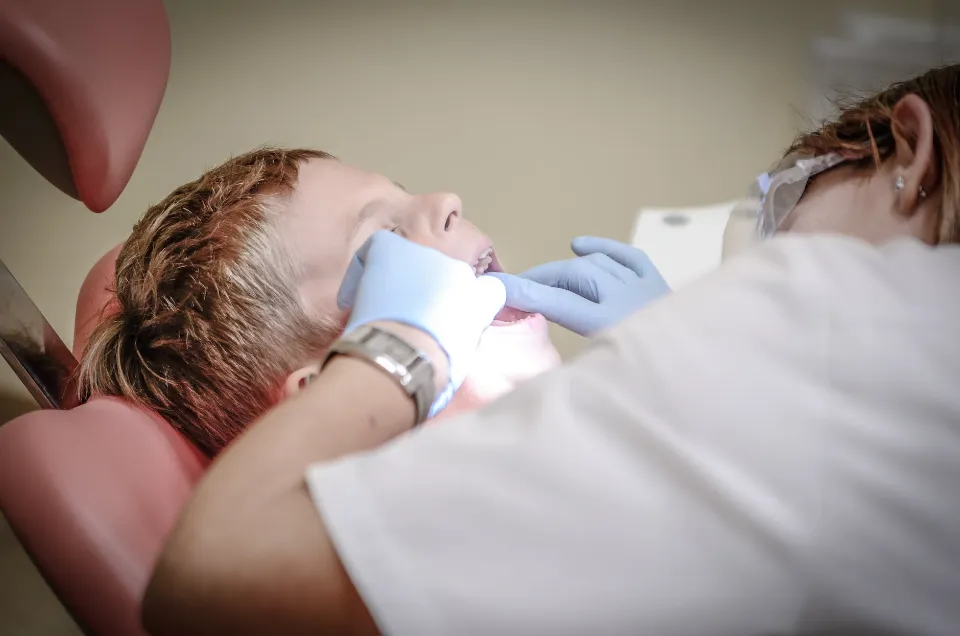
Take the courses you must, whether they are prerequisites, general education requirements, or major-specific courses, to make the two years you spent in community college worthwhile. Try not to put off completing all of your prerequisites until after you transfer because you will be forced to take all of the science-intensive courses at once.
This will probably lead to subpar exam results and a decline in GPA. Instead, throughout your four years of undergraduate study, pace yourself and balance your easy and difficult classes.
Can I Go to Medical School With An Associate’s Degree?
If this is your only degree, the quickest response is no. Nevertheless, you can if you hold a bachelor’s degree. As previously stated, no medical school will permit you to enroll (at least in the US) without that.
Even if you only have an associate’s degree (or no degree at all), you can still enroll in a medical school outside of the United States.
English-speaking medical schools in Europe allow candidates for these positions to matriculate on a regular basis for 6-year programs. Consequently, it might be something to consider!
How to Be Competitive With Community College Credits?
With community college credits on your transcript, it is obvious that the question of how to improve your chances of admission to medical school must be asked. In addition to the methods already mentioned (GPA, MCAT, etc.), here’s what else you can do:
- Try and take your “harder” prerequisite classes after transferring to 4-year undergrad (organic chemistry etc.)
- Get a ton of volunteer experience (or anything else that shows community and leadership-based skills)
- Shadow as much as possible
- Learn any additional clinical skills you can (such as EMT, scribing, etc.).)
- Organize important programs/run events
- Network and acquire amazing letters of recommendation (LORs)
Doing all of this is especially crucial because a common complaint about community colleges is that they occasionally lack pre-med advisory services.
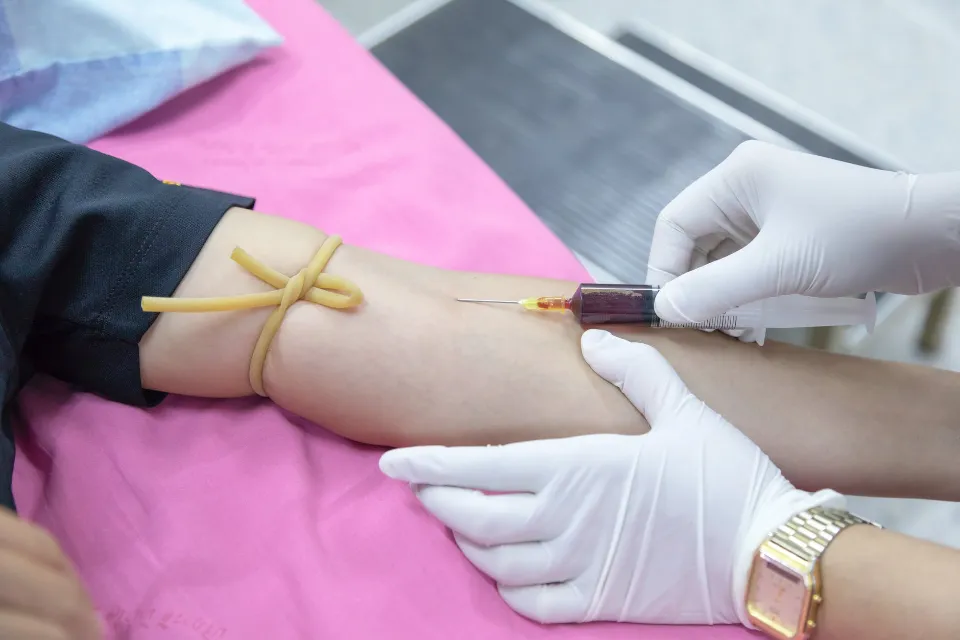
Planning Ahead for Medical School
Early on in the college selection process, students should seek advice from an academic adviser to make sure the college offers the required classes in order to make sure their community college coursework will transfer. Most schools have advisors on staff who can help students with this.
Once this has been decided, it is crucial to plan how the first two years of community college coursework will transition into a four-year college pre-med program. This will make sure that everything is in order before taking the MCAT and submitting an application for medical school.
Further Reading:
Well-Rounded Medical Students
In addition to students who are strong in math and science, schools are increasingly seeking out students who have taken coursework in a variety of subjects, including the arts and humanities.
These students are viewed by schools as being more well-rounded than, say, a student who has only ever studied in a lab setting. For instance, a website affiliated with Butler University lists instances of non-science majors who were admitted to medical school provided they met the minimal requirements.
Conclusion: Do Medical Schools Accept Community College Credits?
Community colleges don’t merit the unfavorable reputation they have in some quarters. You can still get into medicine as long as you follow the right procedures if that is all you can manage. There is absolutely no shame in that situation.
Medical schools want to know if you can handle difficult coursework and deliver an effective result in the end. They want to know if you are prepared for the challenging experience of medical school.
FAQs
Does Harvard Medical School Accept Community College Credits?
Accepting credits from community colleges? Yes. The Committee on Admissions does accept coursework taken at a community college; however, it is preferable to have the pre-medical coursework taken at a four-year college or university.
Is Pomona Good for Pre-Med?
Pomona College also holds an impressive medical school acceptance rate, with an average of 85% acceptance among their Pre-Health graduates.
What is a 70% Correct MCAT Score?
Approximately 70% of test takers are expected to score between 493 and 507. MCAT total scores, percentile rankings, confidence intervals, and score profiles are all included in the score reports that are given to students.


